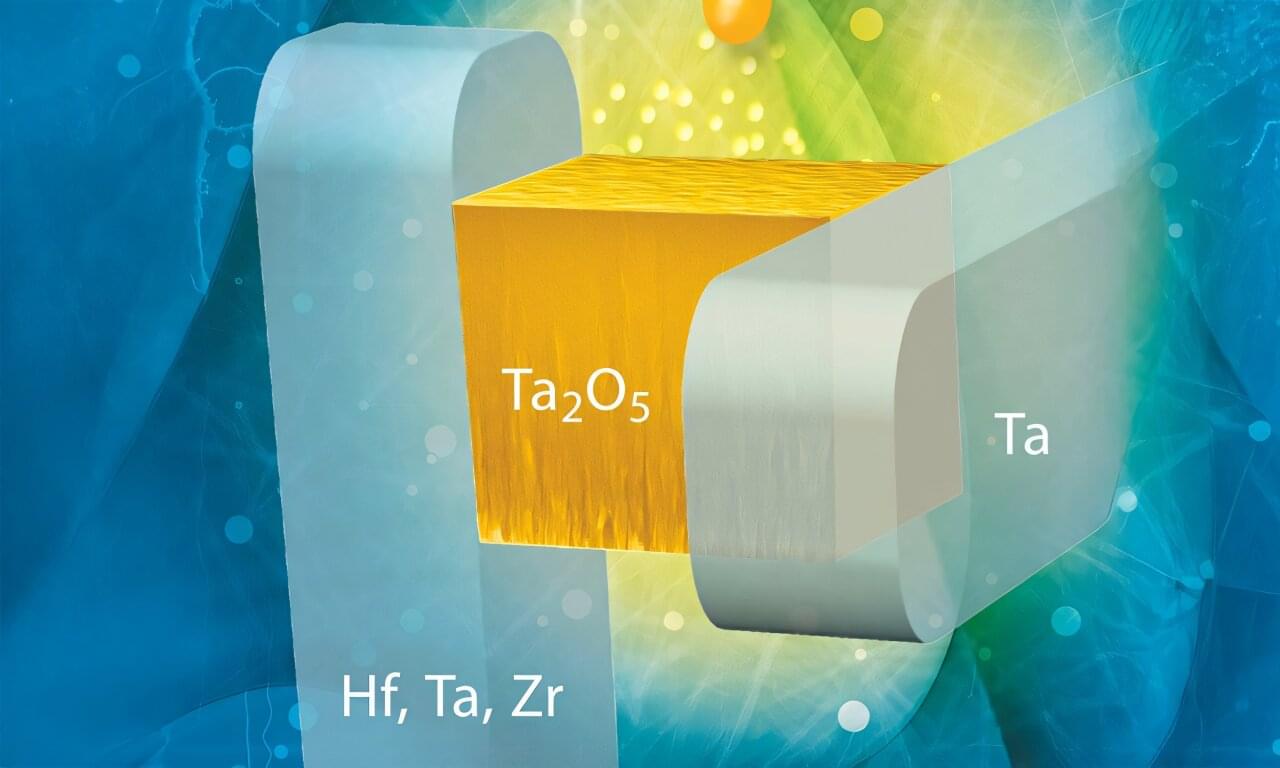So-called “memristors” consume extremely little power and behave similarly to brain cells. Researchers from Jülich, led by Ilia Valov, have now introduced novel memristive components that offer significant advantages over previous versions: they are more robust, function across a wider voltage range, and can operate in both analog and digital modes. These properties could help address the problem of “catastrophic forgetting,” where artificial neural networks abruptly forget previously learned information.
The problem of catastrophic forgetting occurs when deep neural networks are trained for a new task. This is because a new optimization simply overwrites a previous one. The brain does not have this problem because it can apparently adjust the degree of synaptic change; something experts call “metaplasticity.”
They suspect that it is only through these different degrees of plasticity that our brain can permanently learn new tasks without forgetting old content. The new memristor accomplishes something similar.
